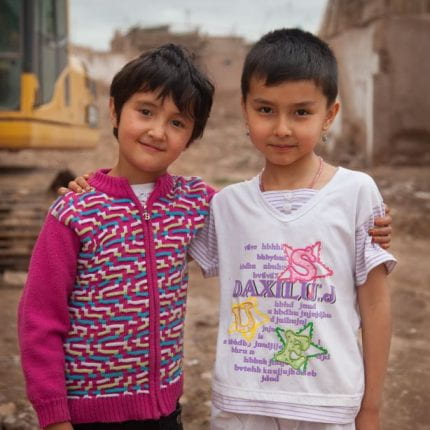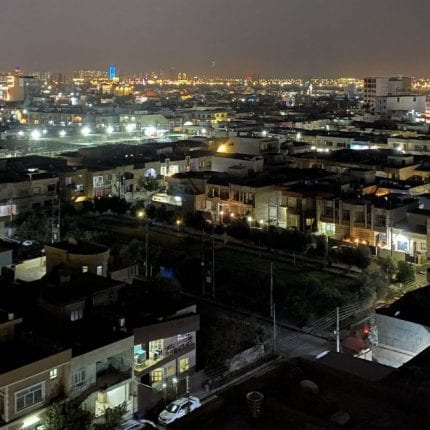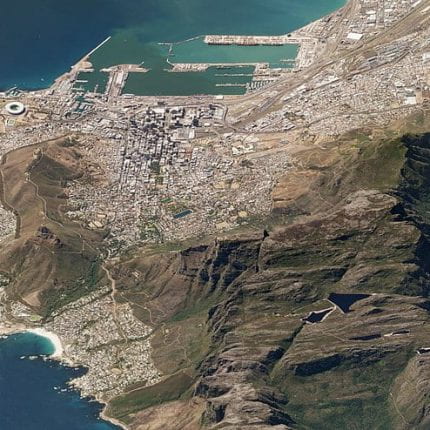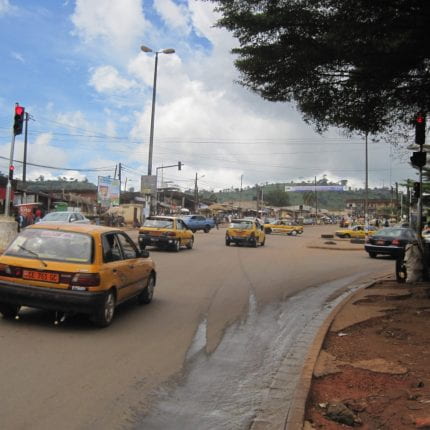STOP the Wolf Cull in Western Canada: Re-visiting Human-centric Development

Many of us may consider ‘development’ to be a human problem consisting of economic issues and focusing on economic growth. But what about the environment? If academics and policymakers continue to frame ‘development’ as human-centric, we risk severe consequences. Let’s consider the current wolf cull in Western Canada, specifically in British Columbia and Alberta. It is completely legal, encouraged and funded by the provincial governments to slaughter wolves in Western Canada through methods such as poisoning and shooting these animals from helicopters. The reasoning behind this cull is that the wolf populations are apparently causing a decline in caribou populations in these areas. Research tells us that this reasoning is inaccurate and highlights the issues that arise with ignoring the environmental dimensions of ‘development’.
Read more about "STOP the Wolf Cull in Western Canada: Re-visiting Human-centric Development"







